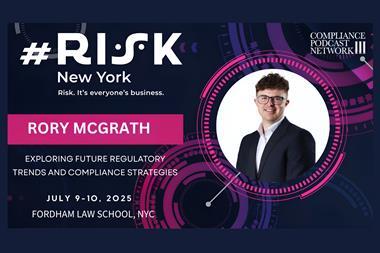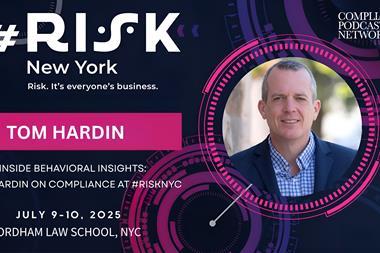Facial recognition technology is now commonly used on most personal devices and to help criminal investigations, and it’s one of the most advanced technologies of recent years. However, after The European Parliament recently passed its version of the Artificial Intelligence Act, the use of facial recognition remains one of artificial intelligence’s riskiest uses. As facial-recognition tools are full of biases, lawmakers are ready to fight to avoid any risk of mass surveillance. Maybe the solution lies not in banning facial recognition or any one type of biometric, but in regulating how we consent to the sharing and tracking of identifying data.
























No comments yet